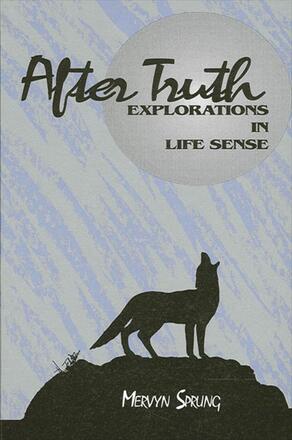
After Truth
Explorations in Life Sense
Description
The Little Clay Cart is a Sanskrit play revolving around a romantic theme of the love of a high-born man for a courtesan. It contains dramatic developments involving a dynastic overthrow and contains realistic portrayals of a wide range of characters.
Reviews
"This is one of the best Sanskrit plays and it is known very widely. Basham's excellent adaptation makes the play more accessible in English than any previous rendering I know. It takes the Sanskrit play closer to where an English speaking person can empathize with its characters and present it on the stage. The Sanskrit original has a great deal of variation of diction among its different characters according to their high and low status, and whether they are serious or joking. Basham's renditions have retained these nuances in English. The translation will be widely used by students of Indian literature in translation and by students of comparative literature." — Madhav M. Deshpande, The University of Michigan
"Basham's translation is lively and accurate, offering fresh perspectives on the play. He clearly knew and appreciated it well." — Barbara Stoler Miller, Barnard College, Columbia University